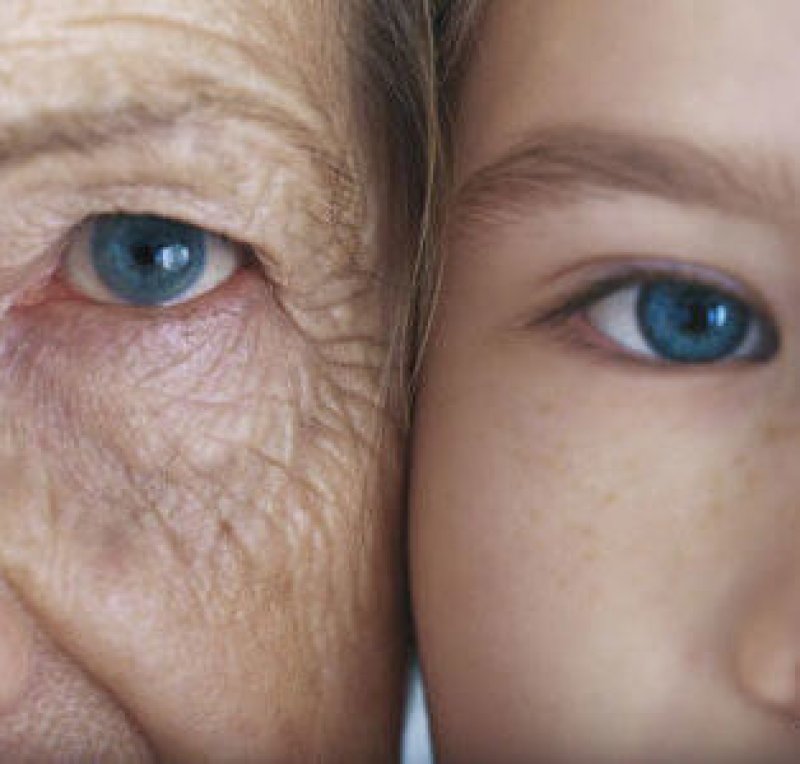People who use genetic tests to trace their ancestry only to discover that they are at risk of succumbing to an incurable illness are being left to suffer serious psychological problems. Dementia researchers say the problem is particularly acute for those found to be at risk of Alzheimer’s disease, which has no cure or effective treatment.
…
“Everyone has a right to know about their risk if they want to, but these companies have a moral responsibility to make sure people understand the meaning and consequences of this information. Anyone considering getting genetic test results should do so with their eyes open,” [said Louise Walker, research officer at the Alzheimer’s Society].
Alzheimer’s is linked to the build-up in the brain of clumps of a protein called amyloid. This triggers severe memory loss, confusion and disorientation. One gene, known as ApoE, affects this process and exists in three variants: E2, E3 and E4. Those possessing the last of these face an increased chance of getting the disease in late life.
“About 3% of the population has two copies of the E4 variant – one inherited from each parent,” Professor John Hardy, of University College London, said. “They have about an 80% chance of getting Alzheimer’s by the age of 80. The average person has a 10% risk.”
The GLP aggregated and excerpted this blog/article to reflect the diversity of news, opinion, and analysis. Read full, original post: Warnings over shock dementia revelations from ancestry DNA tests































